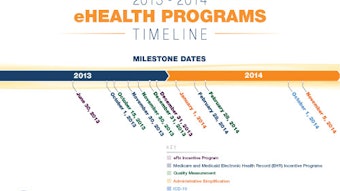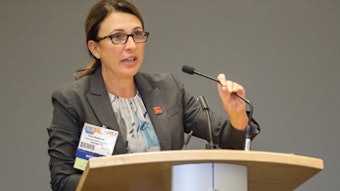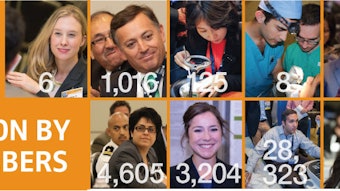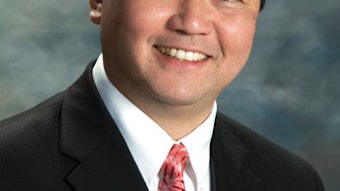Ideological Divide Sets Stage for Bumpy Start to 2014
It’s that time of year again—a time for fresh starts and new perspectives, right? If only that thought rang true for Congress. As the second session of the 113th Congress convenes this month, we find that not much has changed and the ideological divide that paralyzed the nation’s capital for several weeks last October is still alive. This month, Congress would have faced the first of two critical deadlines put in place by the “compromise” that ended last fall’s government shutdown. Congressional leaders had set a January 15 deadline to develop a framework for funding the government. However, in mid-December, U.S. Representative Paul Ryan (R-WI) and U.S. Senator Patty Murry (D-WA) announced that a two-year budget deal had been reached. Included as an amendment to this bill was language to halt (for three months) the 20+ percent cut in Medicare physician payments scheduled for January 1, 2014. Instead, physicians will receive a .5 percent positive increase during that time. This payment “bridge” is intended to avoid payment disruptions as Congress completes its work on permanent SGR repeal legislation early next year. The budget compromise, including the SGR “bridge,” was passed (332-94) by the U.S. House of Representatives on December 12, and, at the writing of this article, the U.S. Senate was scheduled to consider the legislation sometime during the week of December 16. Looking to next month, Congress will again contend with increasing the nation’s borrowing capacity, with the February 7 deadline capping what could well become an extremely contentious start to the year. Several key issues—including changes to entitlement programs, and tax reform—remain focal points for the negotiations. In addition, implementation of the Affordable Care Act and general healthcare reform efforts will likely also remain recurring themes as Congressional leaders again attempt to find common ground regarding the aforementioned issues. The ease—or pain—by which these two early deadlines are addressed will undoubtedly be woven into the election-year rhetoric that will begin taking center stage as the primary season for the 2014 mid-term elections gets underway. So, unfortunately, 2014 is poised to be yet another year that lacks substantial legislative activity, with the outcome of this year’s elections largely determining the outlook for Congressional comity versus continued contentiousness through 2016.
It’s that time of year again—a time for fresh starts and new perspectives, right? If only that thought rang true for Congress. As the second session of the 113th Congress convenes this month, we find that not much has changed and the ideological divide that paralyzed the nation’s capital for several weeks last October is still alive.
This month, Congress would have faced the first of two critical deadlines put in place by the “compromise” that ended last fall’s government shutdown. Congressional leaders had set a January 15 deadline to develop a framework for funding the government. However, in mid-December, U.S. Representative Paul Ryan (R-WI) and U.S. Senator Patty Murry (D-WA) announced that a two-year budget deal had been reached. Included as an amendment to this bill was language to halt (for three months) the 20+ percent cut in Medicare physician payments scheduled for January 1, 2014. Instead, physicians will receive a .5 percent positive increase during that time. This payment “bridge” is intended to avoid payment disruptions as Congress completes its work on permanent SGR repeal legislation early next year. The budget compromise, including the SGR “bridge,” was passed (332-94) by the U.S. House of Representatives on December 12, and, at the writing of this article, the U.S. Senate was scheduled to consider the legislation sometime during the week of December 16.
Looking to next month, Congress will again contend with increasing the nation’s borrowing capacity, with the February 7 deadline capping what could well become an extremely contentious start to the year. Several key issues—including changes to entitlement programs, and tax reform—remain focal points for the negotiations. In addition, implementation of the Affordable Care Act and general healthcare reform efforts will likely also remain recurring themes as Congressional leaders again attempt to find common ground regarding the aforementioned issues.
The ease—or pain—by which these two early deadlines are addressed will undoubtedly be woven into the election-year rhetoric that will begin taking center stage as the primary season for the 2014 mid-term elections gets underway. So, unfortunately, 2014 is poised to be yet another year that lacks substantial legislative activity, with the outcome of this year’s elections largely determining the outlook for Congressional comity versus continued contentiousness through 2016.

















